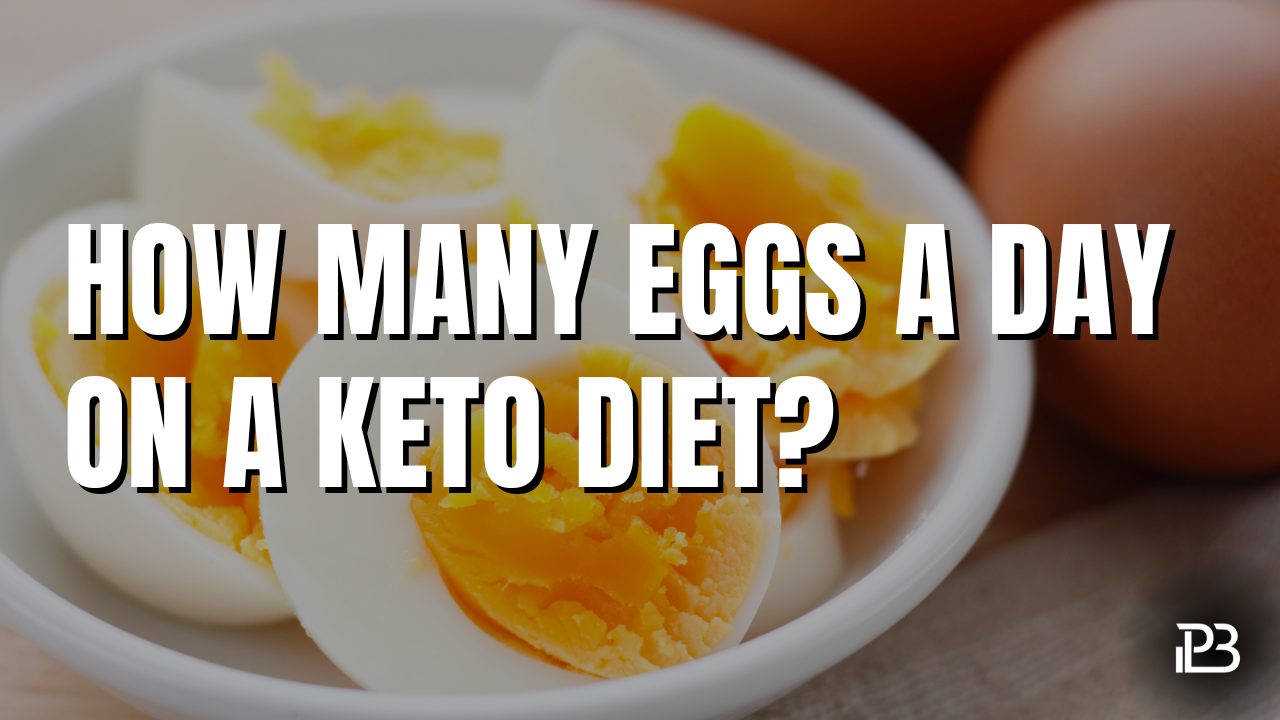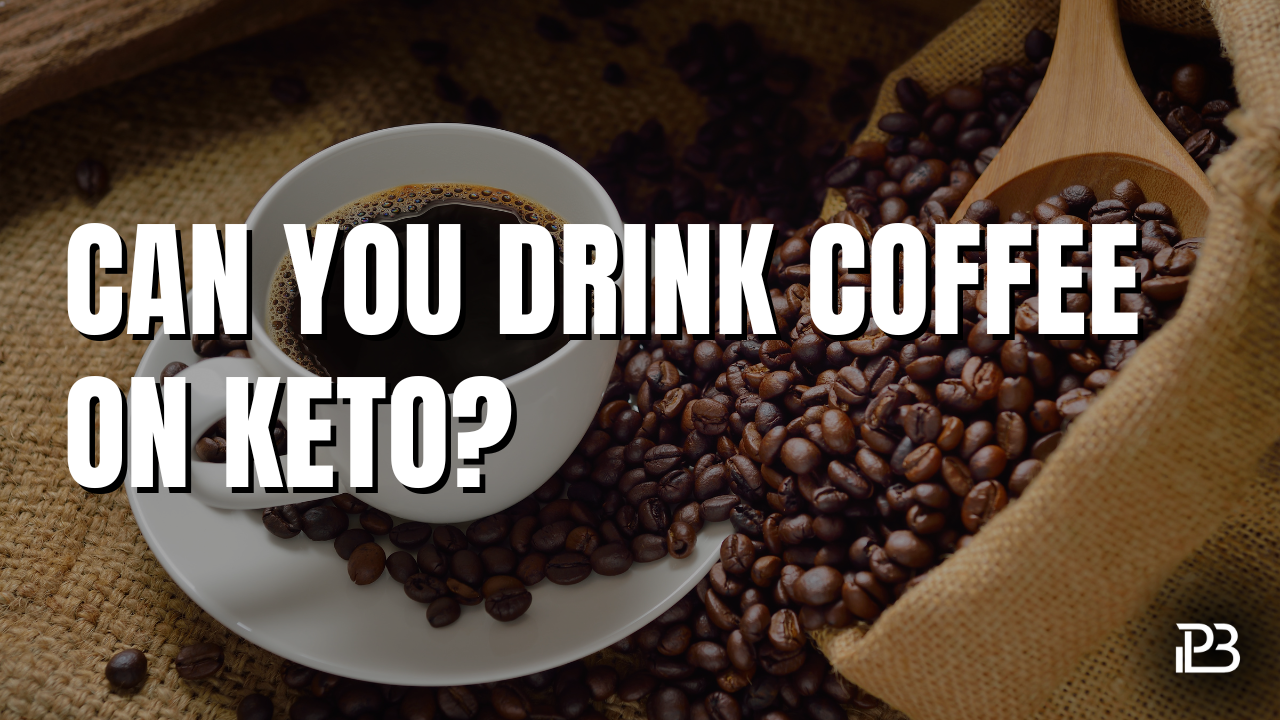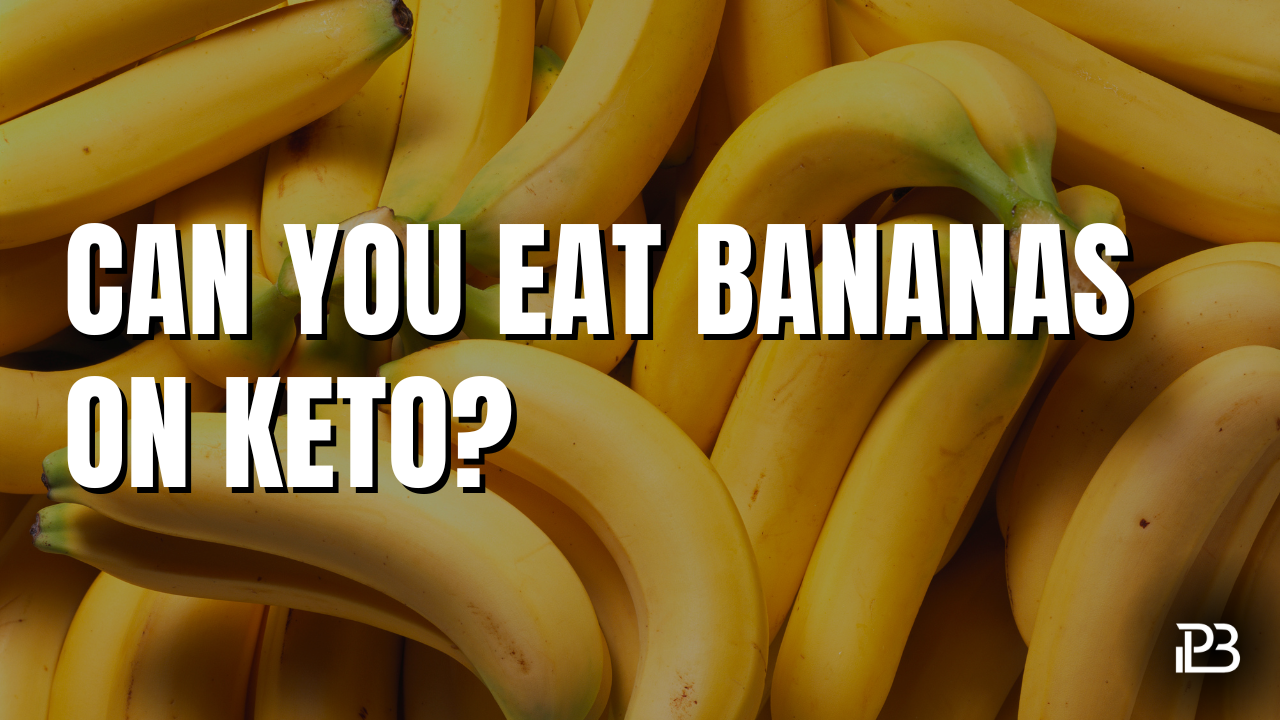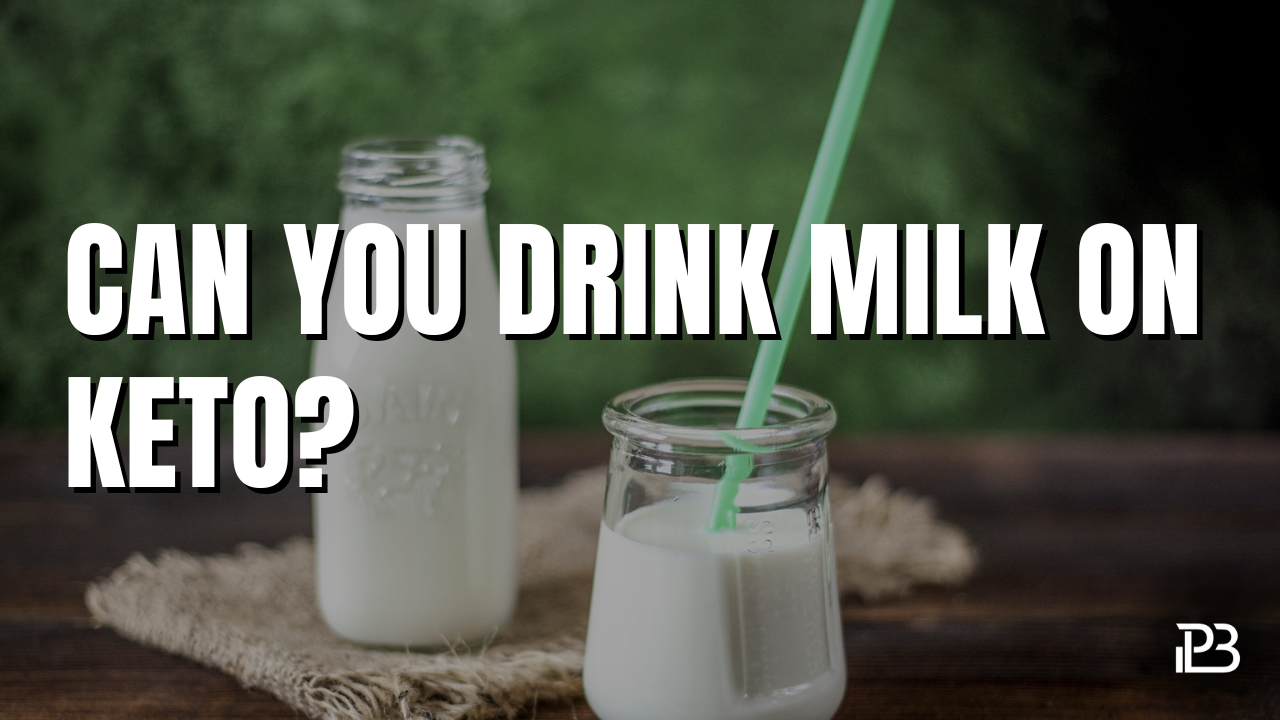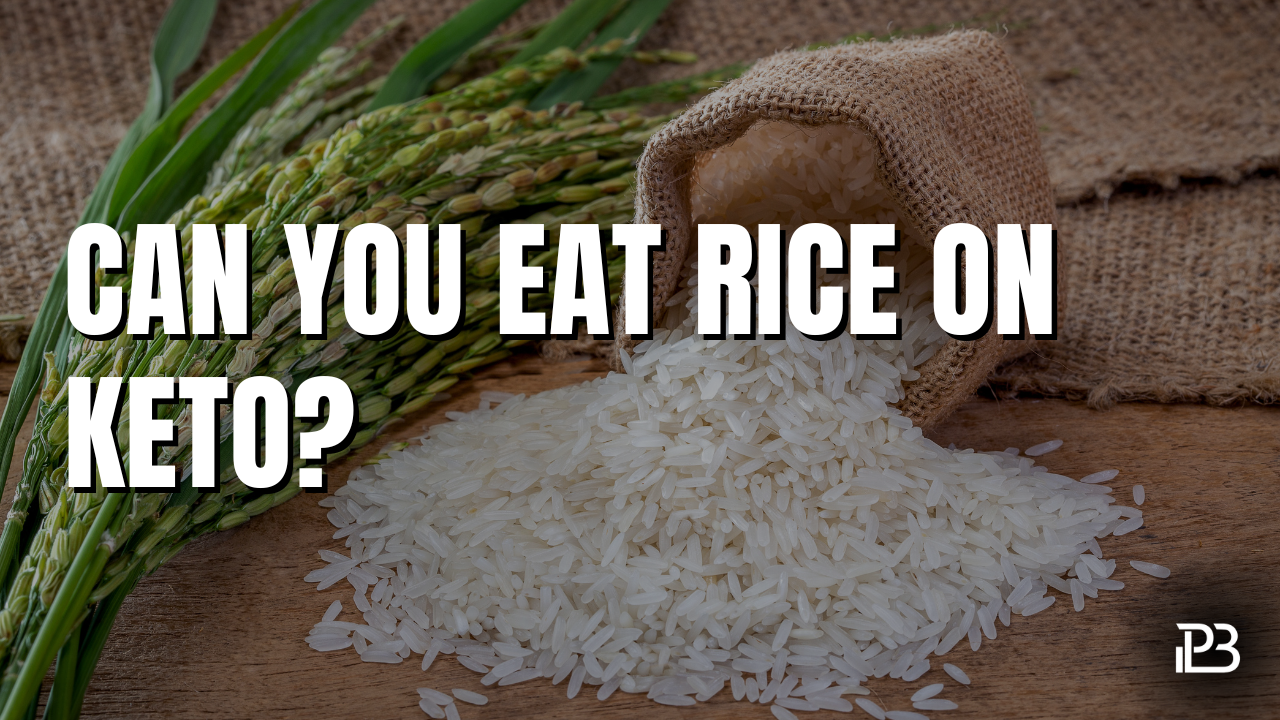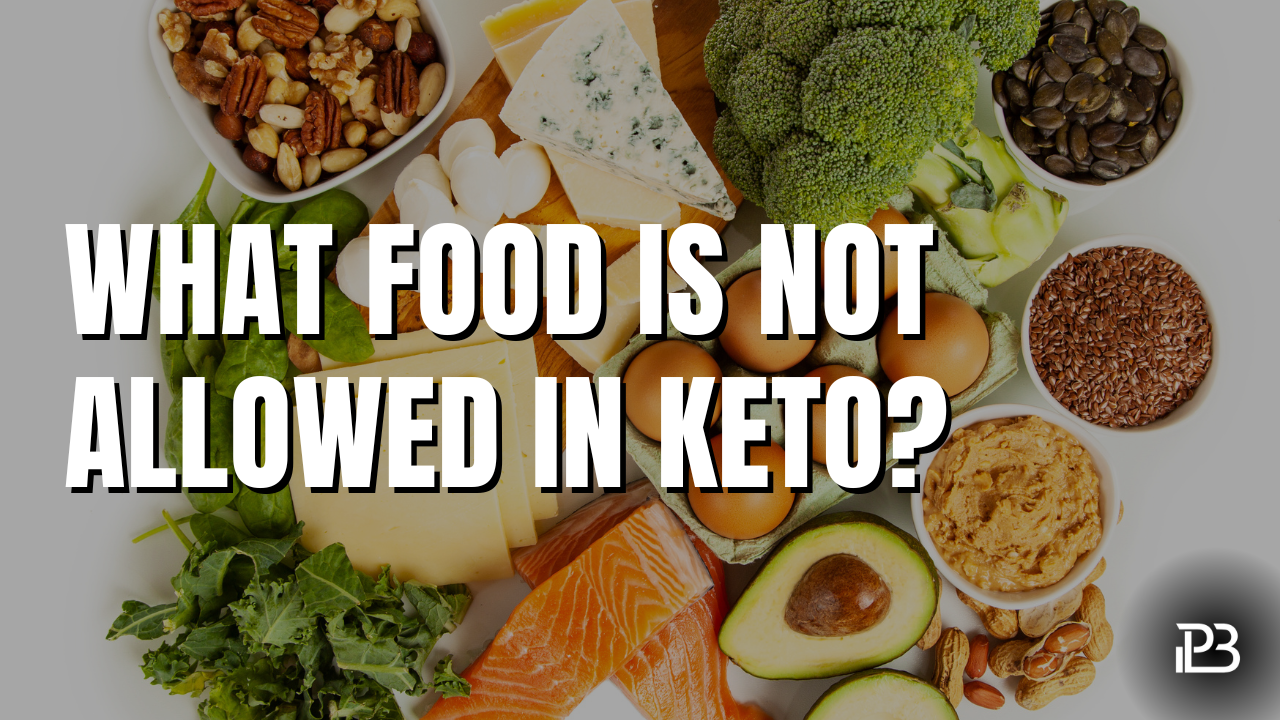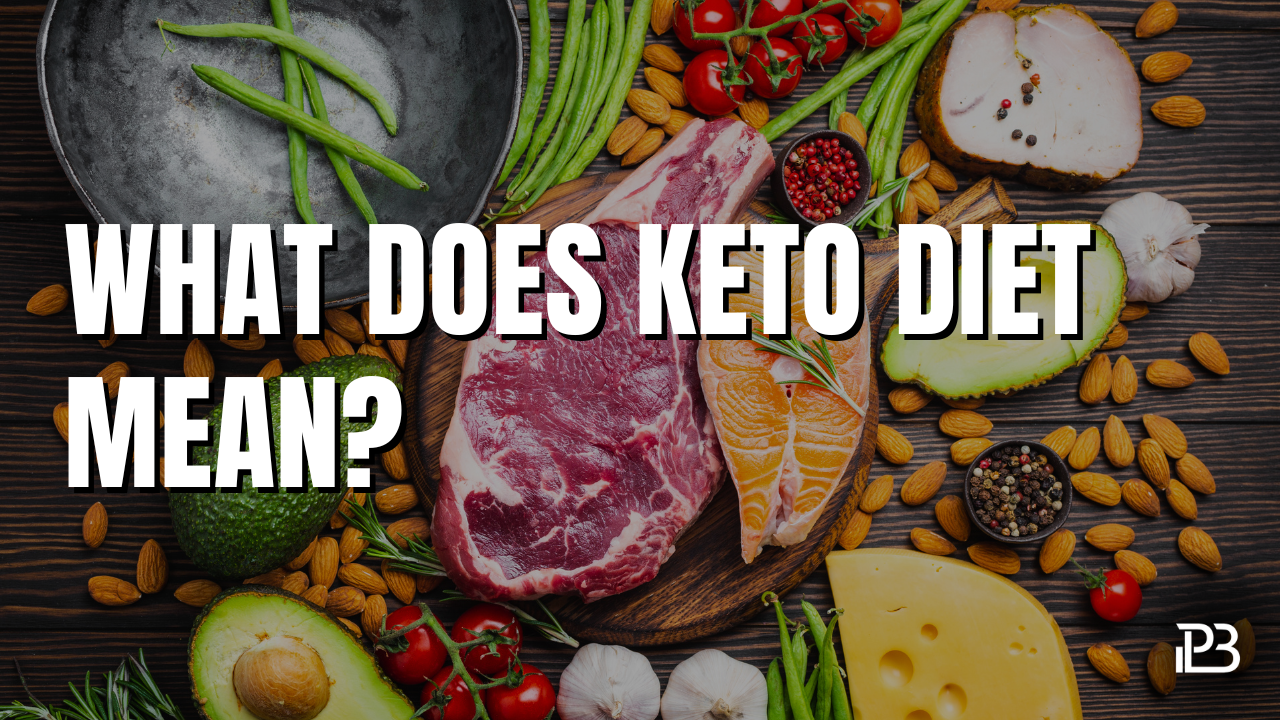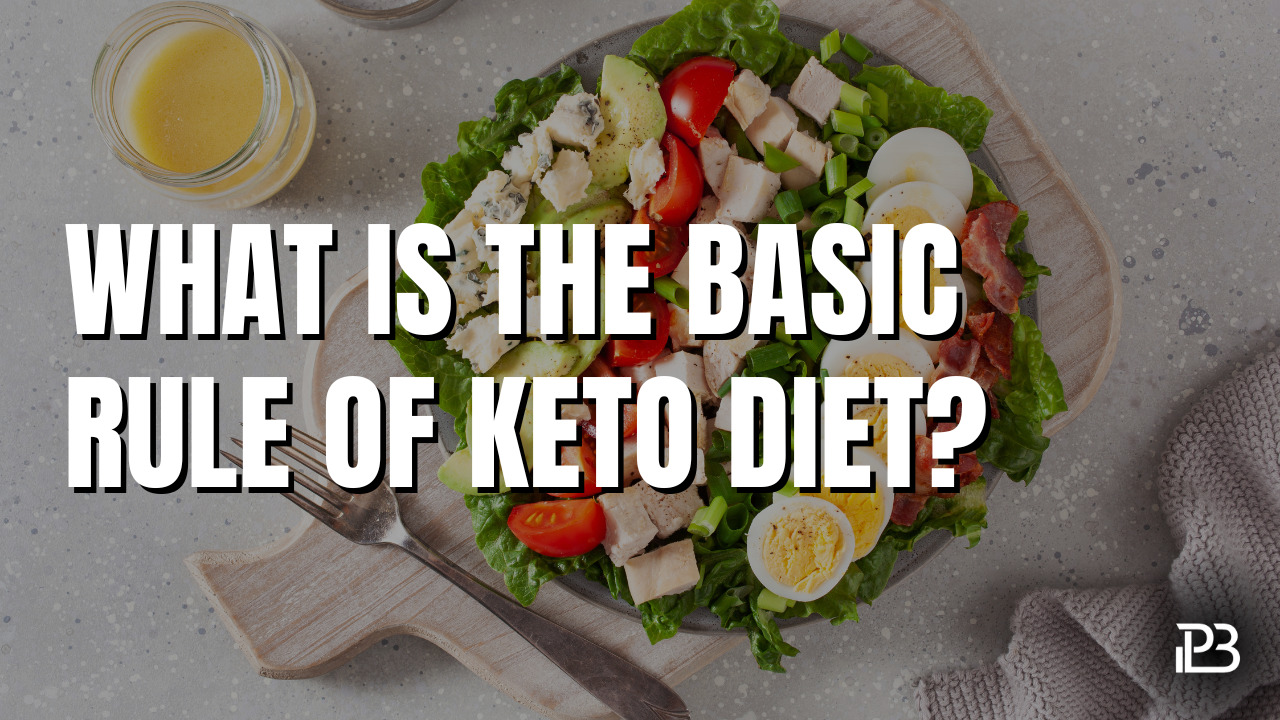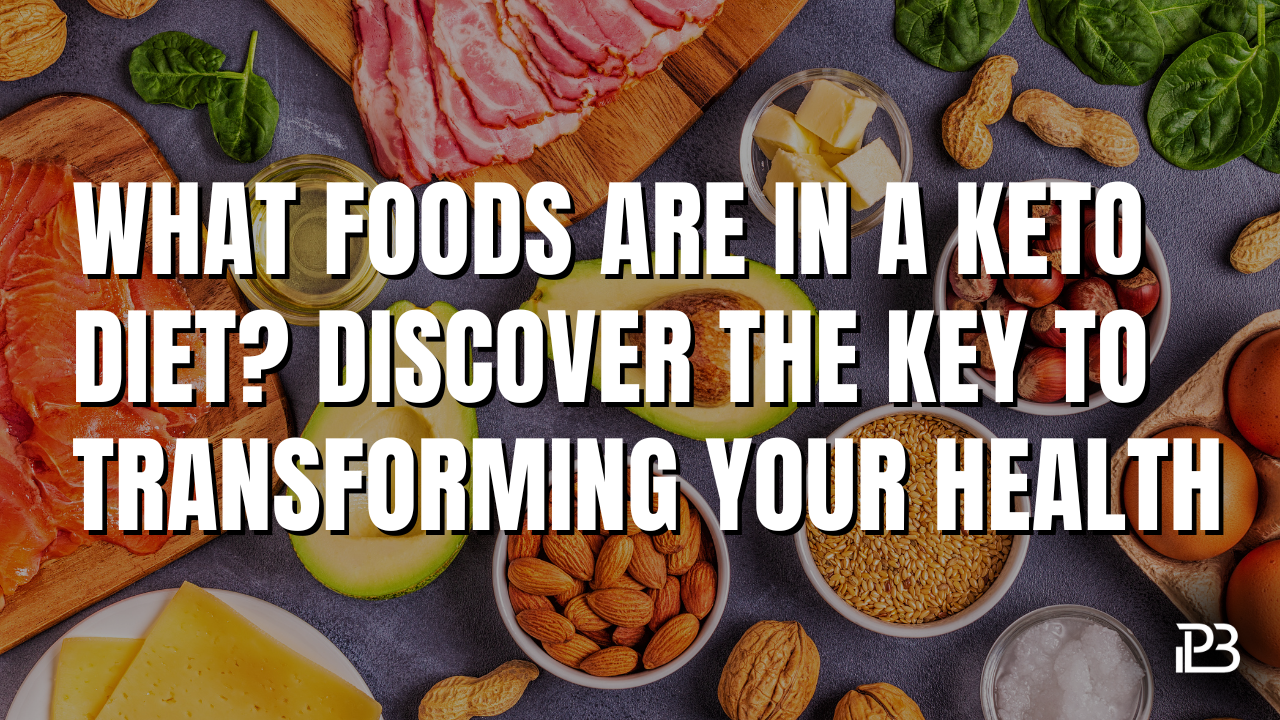How Many Eggs a Day on a Keto Diet?
The ketogenic diet, or keto diet, emphasizes high-fat, low-carbohydrate foods to help your body enter a state of ketosis, where it burns fat for energy instead of carbohydrates. Eggs, being low in carbs and high in healthy fats and protein, are a staple in many keto meal plans. But how many eggs can you eat in a day on a keto diet? This article will explore the nutritional benefits of eggs, how they fit into a keto diet, and how many you can consume daily.
Table of Contents
Nutritional Benefits of Eggs
Eggs are one of the most nutritious foods you can eat, providing a range of essential nutrients that support overall health. Here are some key nutritional benefits of eggs:
1. High in Protein
Eggs are an excellent source of high-quality protein, containing all nine essential amino acids. Protein is crucial for muscle maintenance, repair, and growth, especially when following a low-carb diet like keto.
2. Rich in Healthy Fats
Eggs contain healthy fats, including omega-3 fatty acids, which are beneficial for heart health and brain function. The yolk, in particular, is packed with these healthy fats.
3. Low in Carbohydrates
With less than 1 gram of carbs per egg, they are an ideal food for maintaining ketosis on a keto diet.
4. Packed with Vitamins and Minerals
Eggs are rich in essential vitamins and minerals, such as vitamin B12, vitamin D, selenium, and choline. These nutrients are vital for energy production, immune function, and brain health.
How Eggs Fit into a Keto Diet
Eggs are incredibly versatile and can be incorporated into various meals, making them a perfect fit for a keto diet. Here’s how eggs can be part of your keto meal plan:
Breakfast
Start your day with scrambled eggs, an omelet, or boiled eggs. Pair them with avocado or cheese for added healthy fats.
Snacks
Hard-boiled eggs make a convenient, portable snack that keeps you full between meals.
Lunch and Dinner
Use eggs in salads, casseroles, or as a base for keto-friendly quiches and frittatas.
How Many Eggs Can You Eat a Day on Keto?
While there is no strict limit on the number of eggs you can eat on a keto diet, moderation is key. Most people can safely consume three to six eggs per day as part of a balanced keto meal plan. Here’s a closer look at why:
1. Nutrient Density
Eating multiple eggs per day can help you meet your daily nutrient requirements without consuming too many carbs.
2. Satiety and Appetite Control
Eggs are filling and can help control your appetite, making it easier to stick to your keto diet and avoid unnecessary snacking.
3. Cholesterol Considerations
While eggs are high in dietary cholesterol, studies have shown that for most people, dietary cholesterol does not significantly impact blood cholesterol levels. However, if you have specific health concerns, it’s always best to consult with a healthcare professional.
Sample Keto Meal Plan with Eggs
Here’s a sample meal plan to show how you can incorporate eggs into your daily keto diet:
Breakfast
- Scrambled Eggs with Spinach and Feta: Scramble three eggs with a handful of spinach and a tablespoon of feta cheese. Serve with half an avocado.
Snack
- Hard-Boiled Eggs: Two hard-boiled eggs with a sprinkle of salt and pepper.
Lunch
- Egg Salad: Mix two chopped hard-boiled eggs with mayonnaise, mustard, and chopped celery. Serve on a bed of mixed greens.
Dinner
- Keto Frittata: Bake a frittata with four eggs, bell peppers, onions, and cheese. Pair with a side of roasted asparagus.
Conclusion
Eggs are a nutritious and versatile food that fits perfectly into a keto diet. Most people can safely enjoy three to six eggs per day, which can help meet daily nutrient needs, control appetite, and maintain ketosis. By incorporating eggs into your meals, you can enjoy their numerous health benefits while adhering to your keto lifestyle.
Discover the Custom Keto Diet – Updated For 2024 – AOV Monster!
Ready to transform your health and achieve your weight loss goals with a personalized keto plan? The Custom Keto Diet – Updated For 2024 – AOV Monster! offers tailored meal plans that fit your unique needs and preferences. Take the guesswork out of your keto journey and enjoy delicious, easy-to-follow recipes designed to keep you in ketosis. Click here to get started and take the first step towards a healthier, happier you!
Disclaimer: I am an affiliate of the Custom Keto Diet.
(more…)
